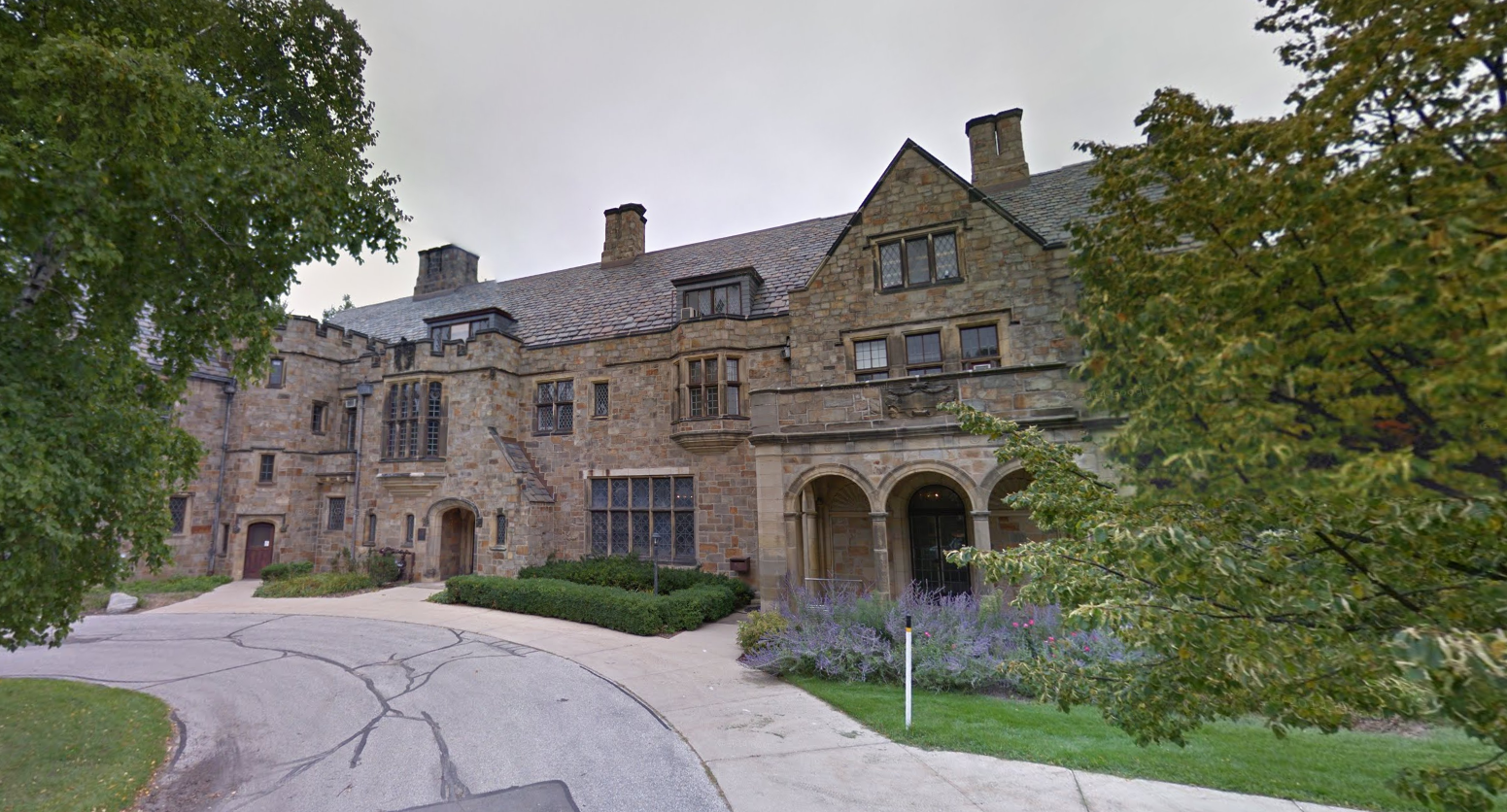Seneschal: Difference between revisions
Plätschisch (talk | contribs) No edit summary |
|||
| Line 15: | Line 15: | ||
==Powers and Duties== | ==Powers and Duties== | ||
[[File:Kenwood.png|300px|thumbnail|right|Kenwood House, the Prime Minister's official residence]] | |||
The Seneschal speaks for the nation on current events, either personally or through his ministers, and issues proclamations of mourning and other calls for national observance or commemoration. | The Seneschal speaks for the nation on current events, either personally or through his ministers, and issues proclamations of mourning and other calls for national observance or commemoration. | ||
Revision as of 05:24, 22 August 2018
| Seneschal (Prime Minister) 
|
| Current Head: Ian Plätschisch |
| Function: Head of government |
The Seneschal (IPA: [sɛˌnɛˈʃaw], English: Prime Minister) of the Kingdom of Talossa conducts the executive administration of the laws of the Kingdom and oversees projects undertaken by the government.
The acting Prime Minister is The Most Honourable Lüc da Schir.
Appointment
A Seneschal is appointed by the King at the conclusion of each General Election or when the post is vacated. The King is instructed as to the person to be appointed by the leader or leaders of the political party or parties holding a majority of seats in the Cosa.
Powers and Duties
The Seneschal speaks for the nation on current events, either personally or through his ministers, and issues proclamations of mourning and other calls for national observance or commemoration.
Following his or her appointment, the Seneschal is free to instruct the King as to other appointments to the government, relying on a Cabinet consisting of a Distain (Deputy) and other Ministers, each holding portfolio of one or more ministries. The Seneschal is empowered to act for any of the Cabinet ministries. Appointments below this level (that is, to bureaus, agencies, and other departments within each ministry) do not require royal action.
The Seneschal is empowered to unilaterally issue Prime Dictates, which have the effect of Talossan statutory law, precisely as if passed by the Ziu. Prime Dictates are subject only to veto by the King (but the veto may not be reversed without action of the Ziu). Traditionally, Prime Dictates are reserved for use in extraordinary circumstances, when the calendar of the Ziu will not meet the needs of the nation.
By law, the Seneschal is required to propose to the Ziu, for consideration either in its first or second session after each election, an act to itemise and authorise any and all planned expenditures of the government during its administration. This budget act, once enacted, empowers the Prime Minister (through, typically, his Minister of Finance) to obtain funds from the Royal Treasury to meet those legislatively authorised expenses.
Structure of the Prime Ministry
The Prime Ministry is overseen by the Seneschal and the Distain.
Protocol of Office
The traditional residence of the Prime Minister is Kenwood House. From the 18th Cosa until the conclusion of the 22nd Cosa, this traditional residence had been Gay House.
The incumbent Prime Minister is accorded the honourific "The Most Honourable".
At official occasions, the short musical piece, "The Prime Minister's Processional", may be heard as the Prime Minister is introduced.
Chain of Office
The chain of office of the Seneschal is the chain symbol of the Seneschal's power and duties. It was crafted by armourer who works in chainmail; therefore the chain embodies the protection of armour. The medallion is a stylised compass rose made of interwoven mail rings. The compass symbolises the direction or guidance the Seneschal provides to the nation, the eight points or petals represent the eight provinces of Talossa united in strength, and the star pattern evokes the mullet of eight points (8-pointed star) on the Seneschal's badge of office.
Seneschal Trivia
| Seneschals by Clarks in office | |||
|---|---|---|---|
| 1 | M. Loquatsch | 25 | |
| 2 | I. von Metáiriâ | 21 | |
| 3 | L. da Schir | 18 | |
| 4 | M. la Mha | 16 | |
| 5 | G. Toumayan | 14 | |
| 6 | T. dal Nava | 12 | |
| 7 | T. Buffone | 12 | |
| 8 | L. Cjantscheir | 12 | |
| 9 | G. Válcadác'h | 11 | |
| 10 | G. Schwichtenberg | 10 | |
- The first Talossan to serve as Seneschal after having been a citizen of the Republic of Talossa is C. Carlüs Xheraltescu
- Furthermore, the only Talossans to serve as Seneschal of both the Kingdom and the Republic in their lifetime are Carlüs Xheraltescu and Godafrieu Valcadac'h.
- The youngest Talossan ever to serve as Seneschal is Lüc da Schir, at 16 years, 8 months and 22 days of age.
- The oldest Talossan ever to serve as Seneschal is Baron Fritz von Buchholtz.
- With three years, one month and seven days in office, Michael Pope is both the Seneschal who served the longest contiguous term and the Seneschal who was in office for the greatest overall number of days.
- Mximo Carbonel is the Seneschal with the least days in office, just seventeen. However, Gary Cone's first term in office lasted only four days, three less than Danihel Laurieir's second.
- Only four Seneschals have served multiple terms while members of different parties, and only Thomas Buffone has served thrice as Seneschal each time for a different party.
- As of late 2014, the duration in office of the fourteen Progressive Conservative Seneschals put together amount to the 46% of the total time in office of every Seneschal combined.
- Eleven Seneschals out of 36 have served for an aggregate time of more than a year. Excluding Ma la Mha, Lüc da Schir and Litz Cjantscheir, the remaining eight all served for the Progressive Conservatives.
See also
| Cabinet Posts of the Government | |||||||||
| Seneschal |
Distain |
Culture |
Finance |
Justice |
STUFF |
Immigration |
Foreign |
Defence |
Technology |
